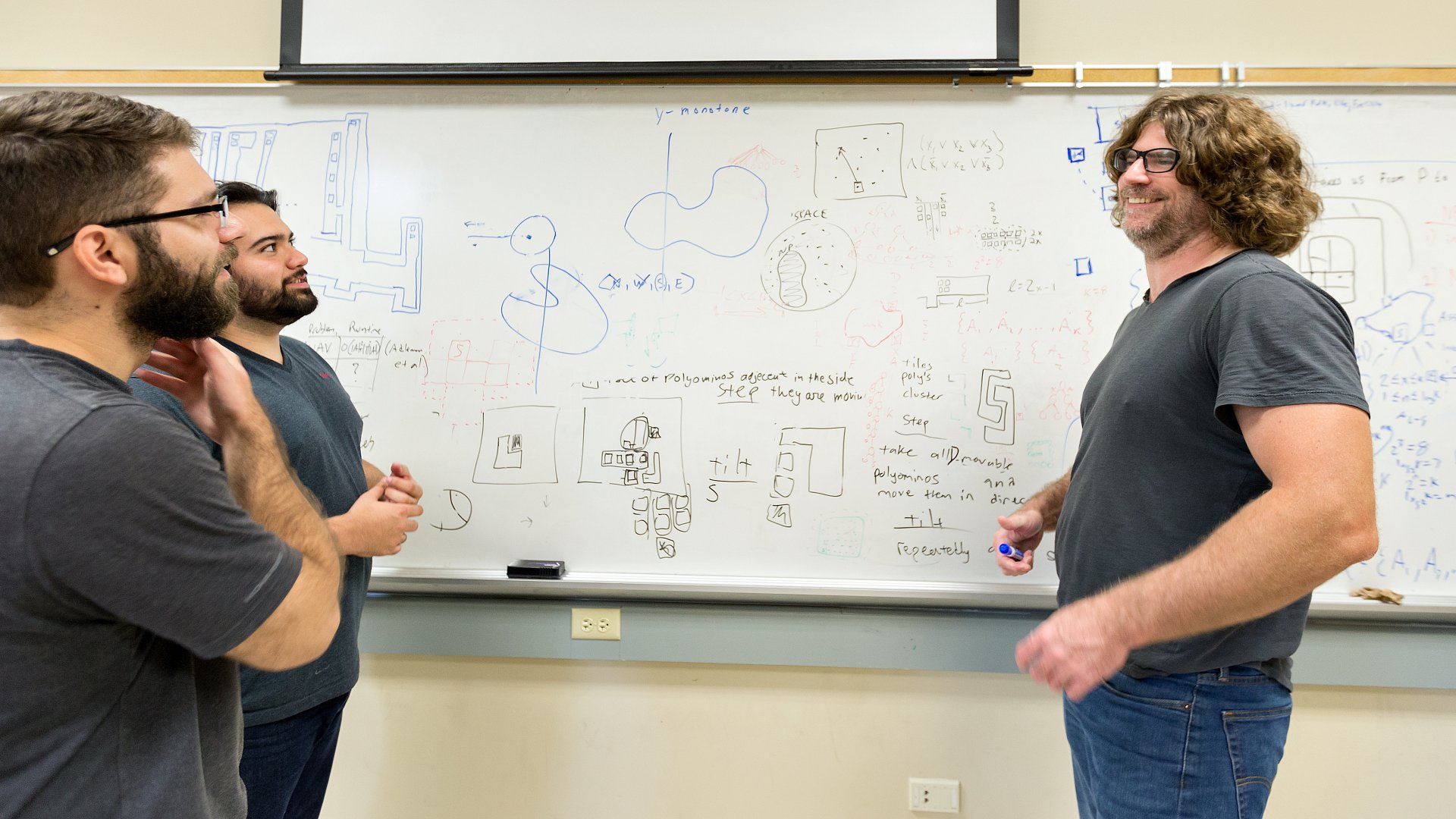The Department of Computer Science at The University of Texas Rio Grande Valley (UTRGV) offers dynamic programs that prepare students to lead in today’s digital world. From software development and cybersecurity, to robotics, data science, and game design, our curriculum blends theory with hands-on experience. With dedicated faculty, cutting-edge labs, and a strong focus on student success, we empower learners to explore, create, and shape the future of technology.
Academic Programs
Bachelor's
Computer Science (BS)
Bachelor of Science in Computer Science
Program Modality: Campus
The Bachelor’s degree in Computer Science places students at the forefront of a competitive field. The computer science student will discover programming languages and computer system designs. Students will learn how people interact with computers and how to handle large amounts of data, build networks, and create websites. They will also be introduced to computer animation, robotics, and much more.
Students in this program will learn to design, implement, and evaluate a computer-based system, process, component, or program to meet desired needs. They will develop the ability to analyze the local and global impact of computing on individuals, organizations, and society.
The Bachelor’s degree in Computer Science is accredited by the Accreditation Board for Engineering and Technology-Computer Accreditation Commission (ABET-CAC).
Master's
Computer Science (MS)
Master of Science in Computer Science
Program Modality: Campus
The Master’s degree in Computer Science provides students with a strong foundation in the core computer science areas, together with advanced study of specialized topics in computing. Students have the opportunity to work closely with faculty members and contribute to current research.
Doctorate
Computer Science with Interdisciplinary Applications (PhD)
Doctor of Philosophy in Computer Science with Interdisciplinary Applications
Program Modality: Campus
The Doctoral program in Computer Science with Interdisciplinary Applications at UTRGV offers rigorous research-driven training in computer science fundamentals and interdisciplinary collaboration. Through partnerships with departments such as Engineering and Computer Science, Sciences, Business and Entrepreneurship, Health Professions, Mathematics and Statistical Science, and Medicine, students engage in joint research projects spanning diverse fields, equipping them with essential skills for addressing complex real-world challenges. The flexible curriculum allows for specialization in computational methods and application domains, preparing graduates for diverse career paths in academia, industry, and public sectors.




